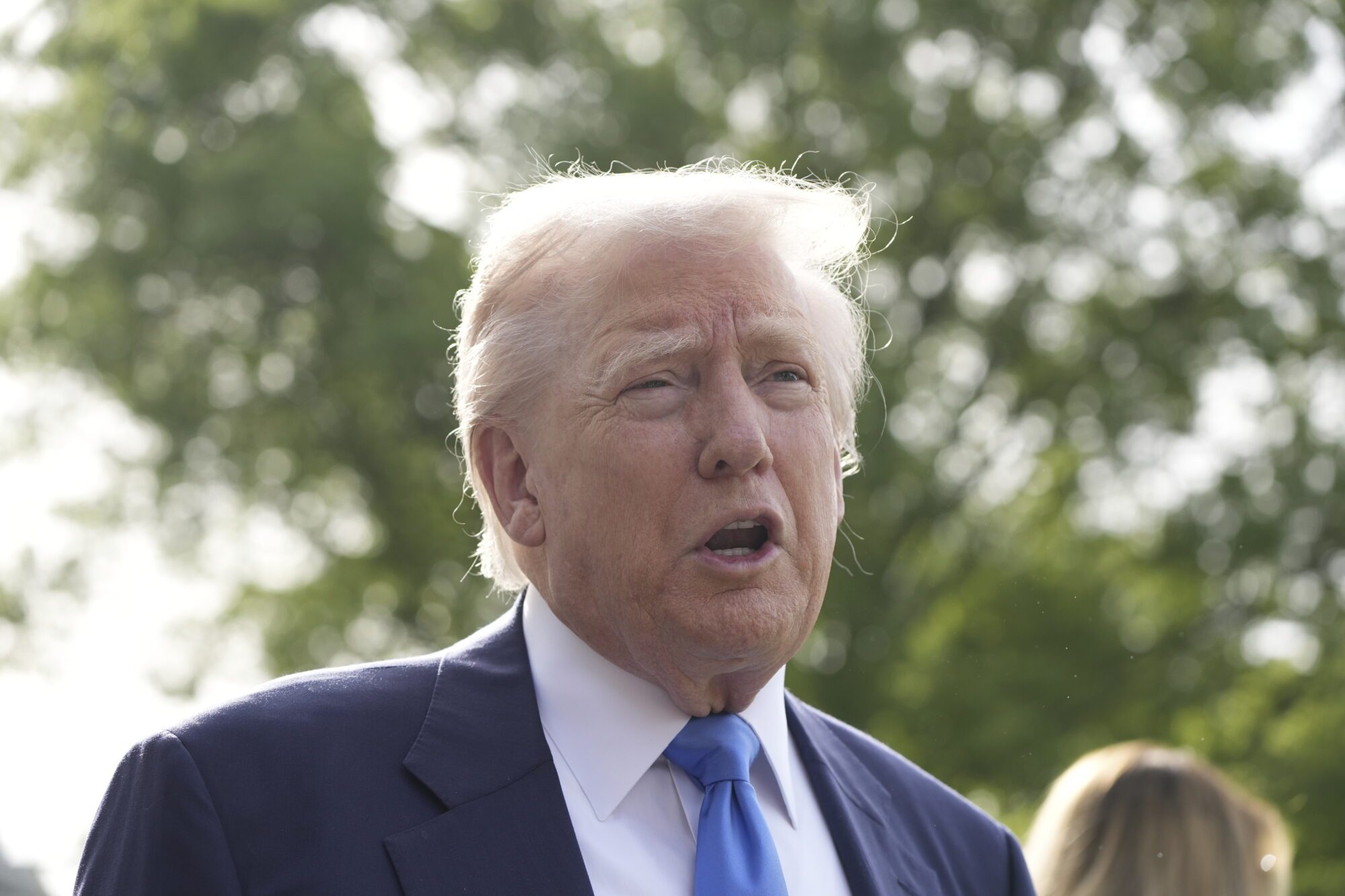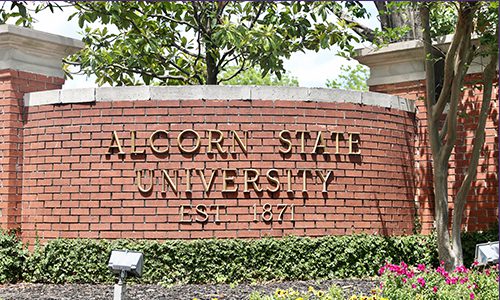
Submitted by Phil Bryant and Arne Duncan
High achievement and graduation rates is something every politician and American can rally behind
Nothing brings political opponents together quite like a shared goal — and no goal is more universally agreed-upon than offering high-quality education to every child in America. Unfortunately, when it comes to education, we are needlessly divided.
We all agree that COVID-19 has had a devastating impact on students over the last year and a half. We all are resolved to prevent COVID-19 from undoing educational progress and temporary setbacks from becoming a full-blown catastrophe.
We can also agree that “back to normal” isn’t good enough. Normal was only a third of children reading at grade level and barely 40 percent earning any post-secondary degree.
Our tenures as Secretary of Education and Governor of Mississippi overlapped, and while we came from different political parties and didn’t always agree, we still worked together. We were both incredibly proud to see Mississippi lead the nation on the 2019 National Assessment of Education Progress test, affirming that our collective efforts had a measurable positive impact on children.
In a nation torn on education issues, from civics curriculum and masking to funding equity and school choice, leaders at the federal, state, and local levels must work together to make up for what was lost. Here are five ways that we can let the best solutions emerge and put the interests of children first in a bipartisan or nonpartisan fashion.
1. Set national standards
Let’s start with standards. The federal government is blocked from setting nationwide education standards, but that doesn’t mean we should have 50 different definitions of success. On the contrary, all students from Maine to Maui must learn skills and knowledge for our era. These include working in teams, expressing themselves well verbally and on paper, and solving problems. States should always be able to personalize education for their kids, but regardless of what we call them and how we create them, we need agreed-upon national standards.
2. Fund education early
We know now that learning starts at birth and that the more we invest in early education, the greater the dividends we will reap down the road. Several years ago, we joined forces to bring federal funding to Mississippi preschoolers. While that effort fell short, it remains top of mind today, and it united us in our determination to keep making progress. There is no reason Democrats and Republicans can’t come together and expand pre-school opportunities.
3. Renew our approach to infrastructure investment
“Infrastructure” has become a ubiquitous term lately and a bit contentious. When it comes to education, it means investing in resources conducive to student success, like functioning HVAC systems, lab equipment, technology, and broadband connectivity.
At the same time, we must invest in people. Teachers remain the foundation of our education system. From our stints as governor and secretary of education, we know that the common denominator of every good school is a team of high-quality teachers and administrators. Attracting and retaining talented educators will always be the key to student success.
4. Foster accountability
Effective collaboration on infrastructure and meaningful education reform will also require leadership and accountability at every level. Federal officials, for instance, should take the lead on establishing the vision, equity, and funding, while local officials should prioritize uplifting family voices and needs. And everyone at every level of government must be accountable for academic progress, graduation rates, reading levels, and more.
Responsibility for preparing students also extends to parents and businesses. They must prepare the future workforce. Government and nonprofit organizations, such as Jobs for America’s Graduates, can serve as the crucial link between employers and students.
5. Keep politics out of the classroom
Simply put, politics is threatening to undermine our progress in the classroom. Exhibit A is the misguided debate over critical race theory.
Let’s agree to neither deny the painful truths of our ancestors nor blame their descendants. President Reagan once encouraged an “informed patriotism” that is “grounded in thoughtfulness and knowledge.” From our vantage point, that means an education where students can openly and honestly acknowledge the continuing remnants of racism in our society and make sure all children are grounded in the basic principles of civics and democracy needed to address them fully and finally.
Change is not easy, and these investments are not cheap. But the effort and money spent will more than pay for themselves in greater economic productivity and social progress. They are ideally suited for collaboration between local and federal government: the former knows how to invest effectively in education, and the latter has the resources to make it happen.
As with so many other issues, progress will come when we move away from partisan bickering and embrace audacious bipartisan goals. The outcome of such collaboration — high achievement, high graduation rates, and more — is something every politician and American can rally behind.
###
Submitted by former Mississippi Governor Phil Bryant and former United States Secretary of Education Arne Duncan. It first appeared in the Washington Times on 10/18/21.









